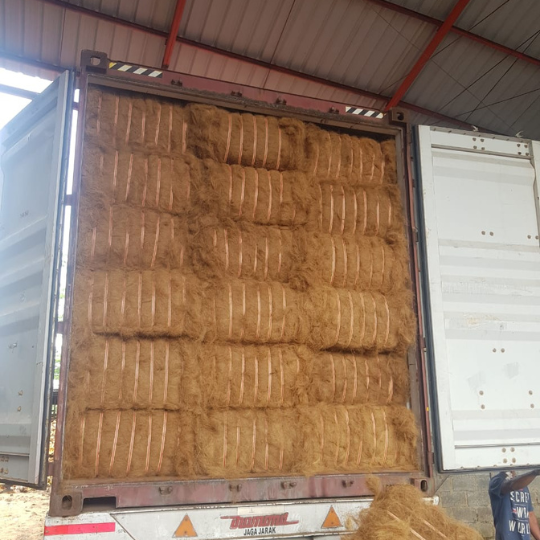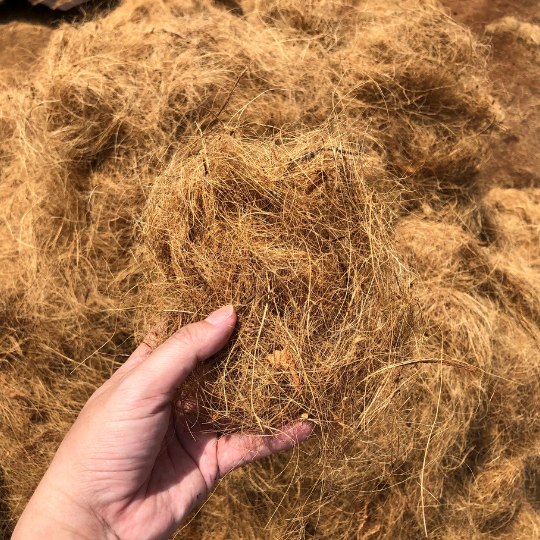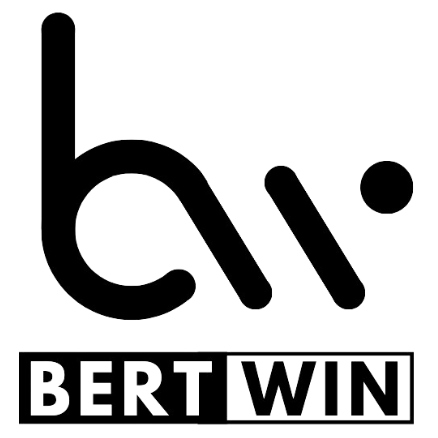Coconut coir bales, a soil alternative, are game-changers in gardening and agriculture. They offer a sustainable alternative to peat moss, providing excellent water retention and aeration for plants using coconut coir blocks. Unlike traditional options that deplete natural resources, coconut coir is eco-friendly and renewable. These bales are lightweight and easy to handle, making them perfect for both amateur gardeners and seasoned pros. Whether you’re starting seedlings or improving soil quality, coconut coir bales deliver results. Dive into the benefits of this versatile material and discover how it can transform your gardening experience.

What Are Coconut Coir Bales
Definition and Composition
Coconut coir bales, made from the fiber of coconuts, are available in container quantities. This material is known as coir fiber. It is a natural product derived from coconut husks. The bales typically weigh around 5 to 6 kg each. They can also be compressed into coconut coir blocks for easier storage and transport. Each bale contains high-quality coco peat, which retains moisture well.
The composition includes both long fibers and shorter particles known as coco pith. These components make it suitable for various uses in gardening and agriculture. Bristle coir fiber offers strength, while the finer parts help with water retention.
Environmental Benefits
Using coconut coir bales has many environmental advantages. They are biodegradable and sustainable, reducing waste in landfills. The production process utilizes coconut husks that would otherwise be discarded by the coconut industry. This recycling helps promote a circular economy.
Coir also improves soil health. It enhances aeration and drainage, benefiting plant growth. It reduces the need for chemical fertilizers by retaining nutrients.
Comparison with Other Materials
Coconut coir fiber bales in container quantities compare favorably to other growing mediums like peat moss or perlite. Unlike peat moss, coir is renewable and does not harm ecosystems. It also provides better moisture retention than perlite.
Advantages of coir:
- Sustainable and biodegradable
- Excellent water retention
- Improves soil structure
Disadvantages of coir:
- May require additional nutrients
- Can be more expensive than some alternatives

Applications in Gardening and Agriculture
Soil Conditioning Benefits
Coconut coir bales serve as an excellent soil conditioner. They improve the soil structure by increasing aeration and drainage. This is crucial for healthy plants. Coir enhances the nutrient-holding capacity of the soil, promoting better growth for seeds. It also helps maintain a balanced pH level, which is vital for many garden plants.
Water Retention Properties
These bales have impressive water retention capabilities. They can hold up to eight times their weight in water. This is particularly beneficial in desert regions where water scarcity is common. Using coconut coir reduces the need for frequent watering. Gardens benefit from this feature, as it keeps the soil moist for longer periods.
Pest Resistance Features
Coconut coir bales offer natural pest resistance. They deter certain insects and fungi that can harm plants. The fibers are tough, making it harder for pests to penetrate the soil. This provides a healthier environment for plant roots. Many gardeners prefer coir fiber over other materials due to these protective qualities.
Eco-Friendly Product Uses
Biodegradable Packaging
Natural coco fiber serves as a great alternative for biodegradable packaging. It breaks down easily in the environment. This reduces waste in landfills. Companies are increasingly using coconut coir fiber bales for shipping materials. These materials protect products while being eco-friendly.
Sustainable Home Goods
Coconut coir fiber is also popular in making sustainable home goods. Items like rugs, mats, and brushes utilize natural coco fiber. These products are durable and renewable. They add a touch of nature to homes while being functional. Consumers prefer these items because they support sustainable practices.
Industrial Applications
Coconut coir has various industrial applications too. Industries use it for erosion control and soil stabilization. The fibers help prevent soil loss in construction sites. Coir fiber is used in the automotive industry for sound insulation. Its lightweight nature makes it an excellent choice for reducing vehicle weight.
These uses highlight the versatility of coconut coir bales. They contribute positively to environmental efforts while providing practical solutions across different sectors. This eco-friendly product continues to gain popularity due to its many benefits.

Advantages Over Synthetic Alternatives
Sustainability and Renewability
Coconut coir bales are sustainable products. They come from the husks of coconuts, a byproduct of coconut processing that contains bristle coir fiber. This makes them renewable resources. Unlike synthetic materials, they do not deplete natural resources. Coir can be produced year-round, supporting local economies in tropical regions.
Using coconut coir as a peat replacement helps reduce the demand for peat moss. Peat extraction harms ecosystems and contributes to greenhouse gas emissions. Choosing coir instead promotes environmental health.
Soil Health Improvement
Coconut coir enhances soil health significantly. It improves soil structure and increases water retention. This allows plants to access moisture more effectively. Coir also provides essential nutrients that support plant growth.
Moreover, it encourages beneficial microbial activity in the soil. Healthy soil leads to healthier plants, which is vital for sustainable farming practices.
Wildlife Safety Factors
Coconut coir is safe for wildlife and the environment. It does not contain harmful chemicals often found in synthetic alternatives. Animals can interact with coir without risk of toxicity.
Using coir helps create a safer habitat for various species. Its biodegradable nature means it will break down naturally over time, leaving no harmful residues behind.
Closing Thoughts
Coconut coir bales offer a sustainable and versatile solution for your gardening and agricultural needs. They provide excellent drainage, retain moisture, and enhance soil quality. Plus, they’re eco-friendly, making them a smart choice over synthetic alternatives. You can trust their benefits for both your plants and the planet.
Consider incorporating coconut coir bales into your gardening routine today. Not only will you see healthier plants, but you’ll also contribute to a greener environment. Don’t miss out on this opportunity to elevate your gardening game. Explore your options and make the switch now!

Frequently Asked Questions
What are coconut coir bales?
Coconut coir bales are compressed blocks made from the fibrous husk of coconuts. They serve as a natural growing medium, retaining moisture and providing aeration for plants, using coir fiber.
How are coconut coir bales used in gardening?
In gardening, coconut coir bales are used as soil amendments, potting mixes, and mulch. They improve soil structure, enhance drainage, and promote healthy root growth.
Are coconut coir bales eco-friendly?
Yes, coconut coir bales are eco-friendly. They are biodegradable and sourced from renewable resources, making them a sustainable alternative to synthetic materials.
What advantages do coconut coir bales have over peat moss?
Coconut coir bales offer better water retention and aeration compared to peat moss. They are harvested sustainably, while peat harvesting can harm ecosystems.
How do I prepare coconut coir bales for use?
To prepare coconut coir bales, soak them in water for several hours until they expand. Then, break apart the fibers to create a loose growing medium.
Can coconut coir bales be reused?
Yes, coconut coir bales can be reused multiple times. After use, rinse and dry them before reapplying to your garden or potting mix for continued benefits.
Where can I buy coconut coir bales?
Coconut coir bales can be purchased at garden centers, online retailers, and specialty gardening stores. Look for reputable brands to ensure quality and sustainability.
In conclusion, if you are eager to delve deeper into the details of coir products, feel free to explore our website at https://cocopeatcocofiberaustralia.com/. Additionally, for direct and instant connection with our team, you can reach us through the following WhatsApp link https://wa.me/61412773364. We look forward to providing you with the information and assistance you need.
